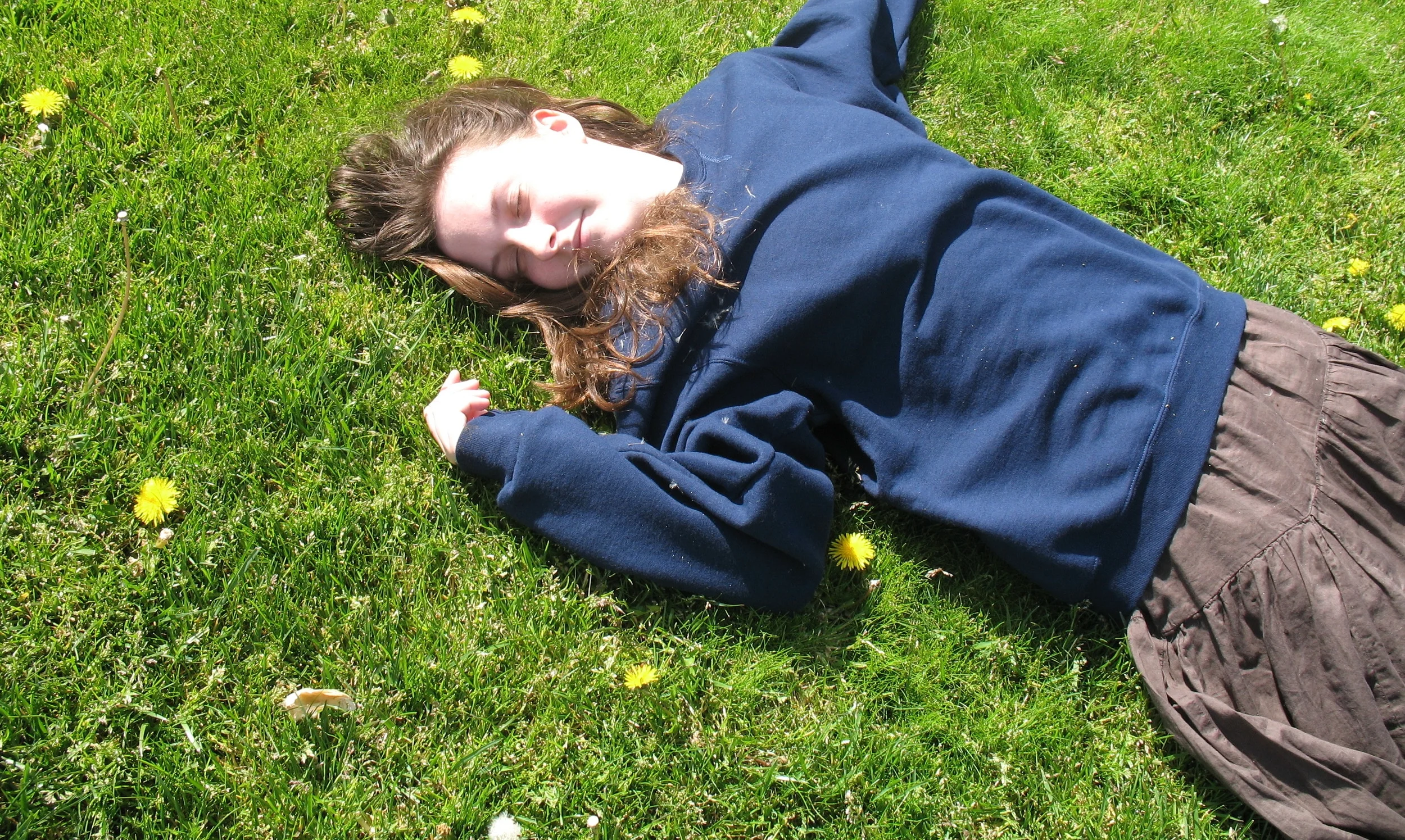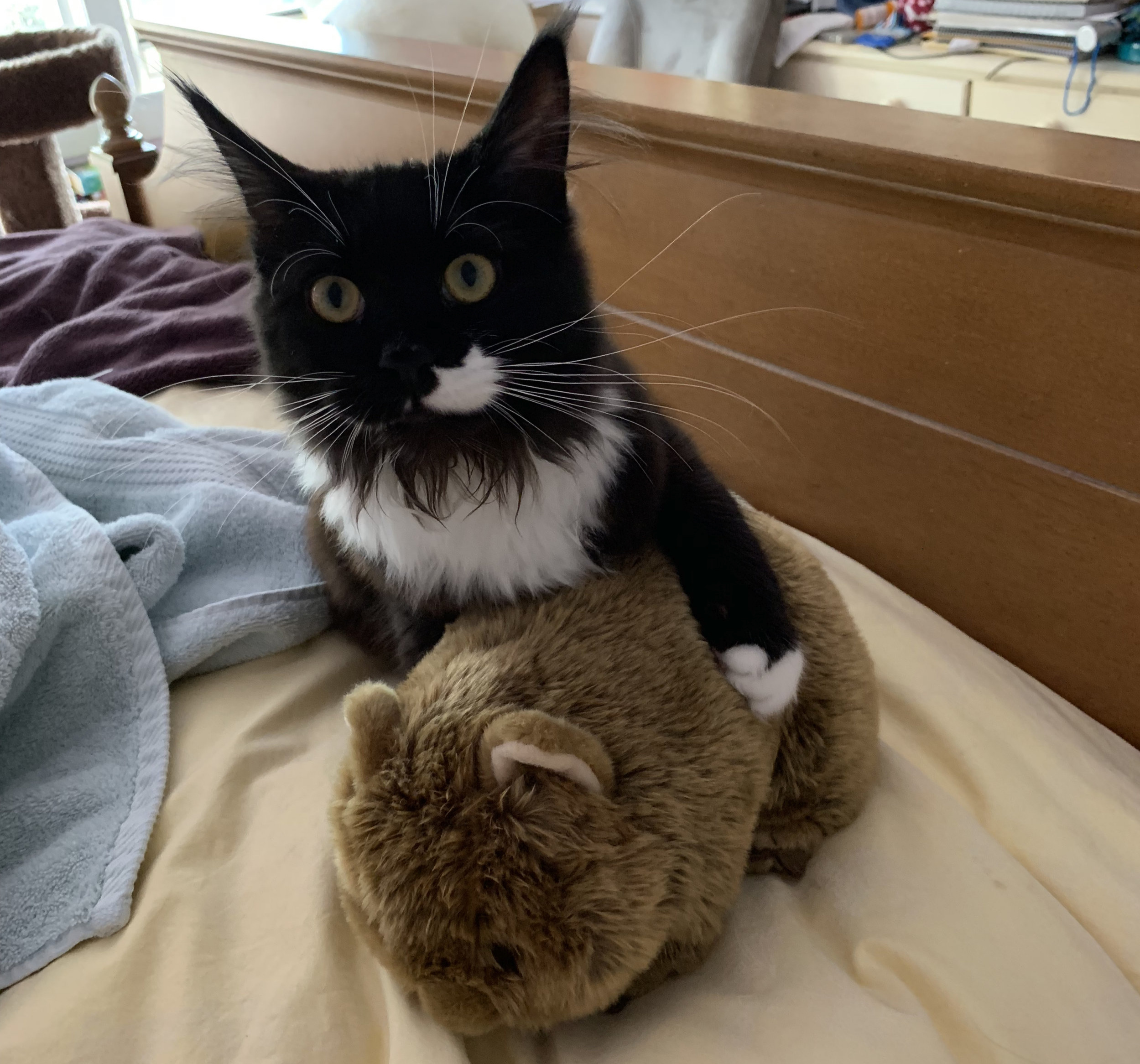End of Week Review: January 12, 2018 (I'm Back Edition)
/Okay, okay. So maybe my New Year’s resolution from 2015 to blog more took some time to get through. Only three years late, right? But after officially finishing binge-watching (well, binge re-watching) every Office, House, and Modern Family episode, I really have no excuse for my blog silence. So here we go!
Favorite experience this week: I finally got to play my dad in badminton again for the first time in several months.
Least favorite experience this week: Losing in a blowout to my dad in the aforementioned badminton game.
Wackiest experience this week: Someone random on Twitter started tagging me in a series of odd writing prompts. I think the universe is trying to tell me to finish my work in progress.
Interesting article this week: “Want to Know Why Tumblr is Cracking Down on Sex? Look to FOSTA/SESTA” in The Establishment (giving a really good outline for the counterarguments to two government bills)
Favorite book this week: Sadie by Courtney Summers. I saw everyone on Twitter talking about this book, so I finally sat down to read it. I join the chorus of readers who are officially wrecked in the aftermath. The hype isn’t a joke.
Photo from this week:
My cat, Zyva, deciding the wombat stuffed animal my friend Caitlin bought for me is now hers



